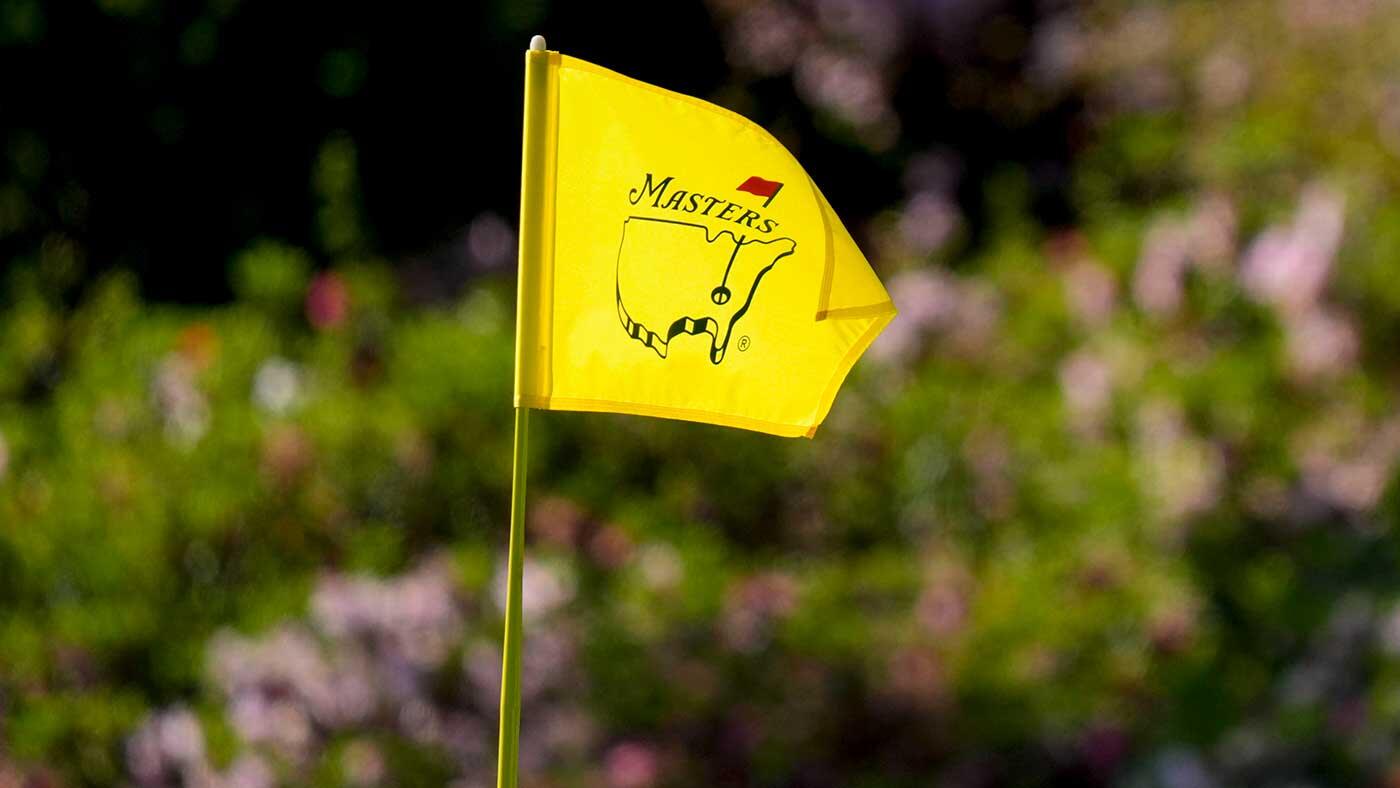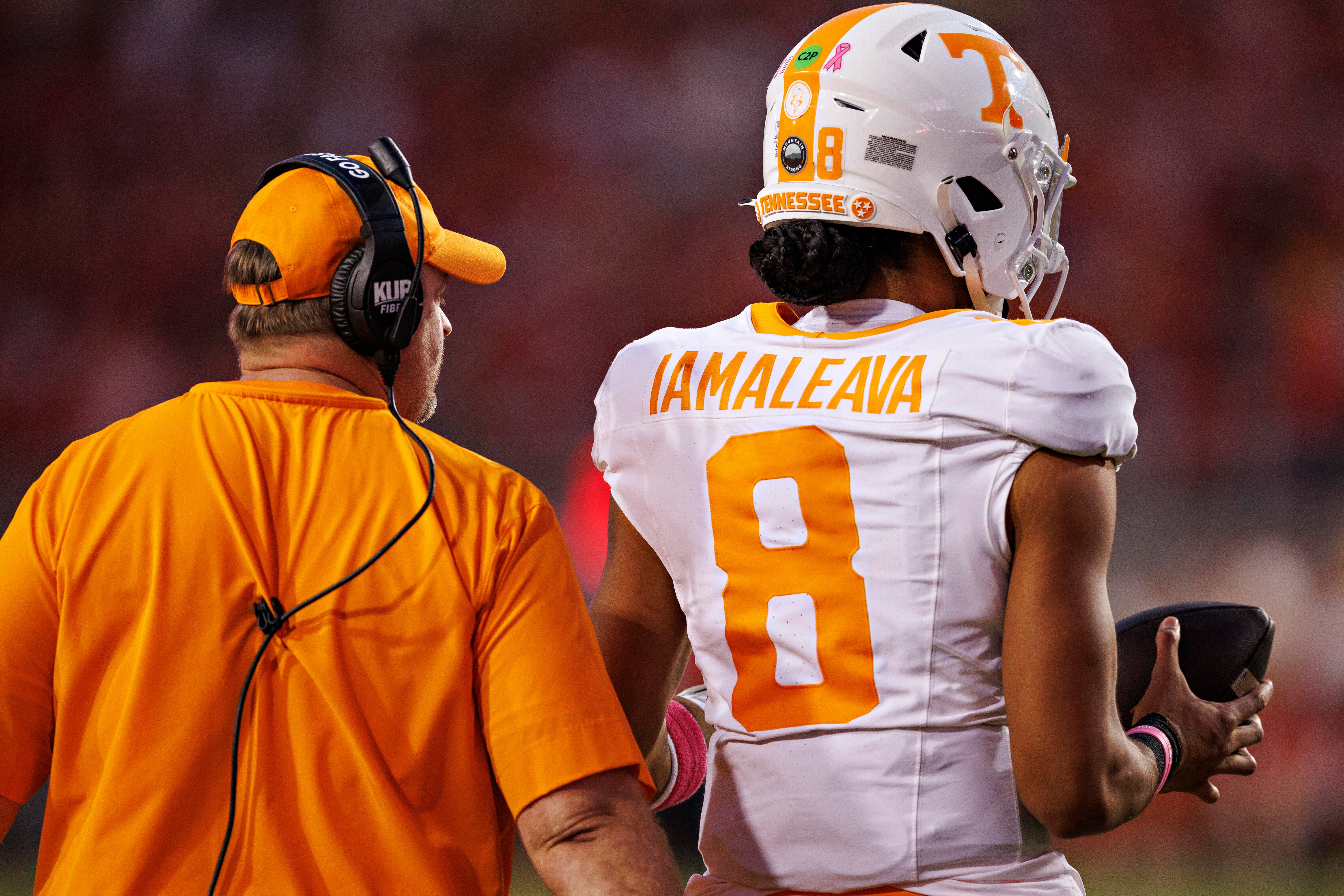
Two crews of eight rowing four miles down the Thames. The premise of the Boat Race, contested annually – and fiercely – by eternal rivals Oxford and Cambridge, is very simple. But the race has assumed not just a prized place in the British sporting calendar, but also a place in the national consciousness, like Wimbledon or the Grand National.
Also like the Grand National, the Boat Race is not without its controversies. This year’s race has been dominated by an ugly row over selection that has prevented three PGCE students at Cambridge from taking part, while the spectre of water pollution and sewage in the Thames has once again reared its head. The Boat Race Company – the neutral body which runs the race – has opted for a policy of sweeping both issues under the carpet.
But a long-term issue the Boat Race must grapple with is over its image. From its pleasant milieu in leafy southwest London, to the near 200-year history of the men’s race, the Boat Race is steeped in tradition. But the flip side of that is a public perception of an elitist and backward-looking institution, populated by brigades of privately educated, privileged students.
This year, though, the Boat Race is looking both forward and back: 2025 marks 10 years of the women’s edition being contested on the same Championship Course as the men, while receiving the same billing and TV coverage by the BBC.
Equality has been a long time coming: the ...





